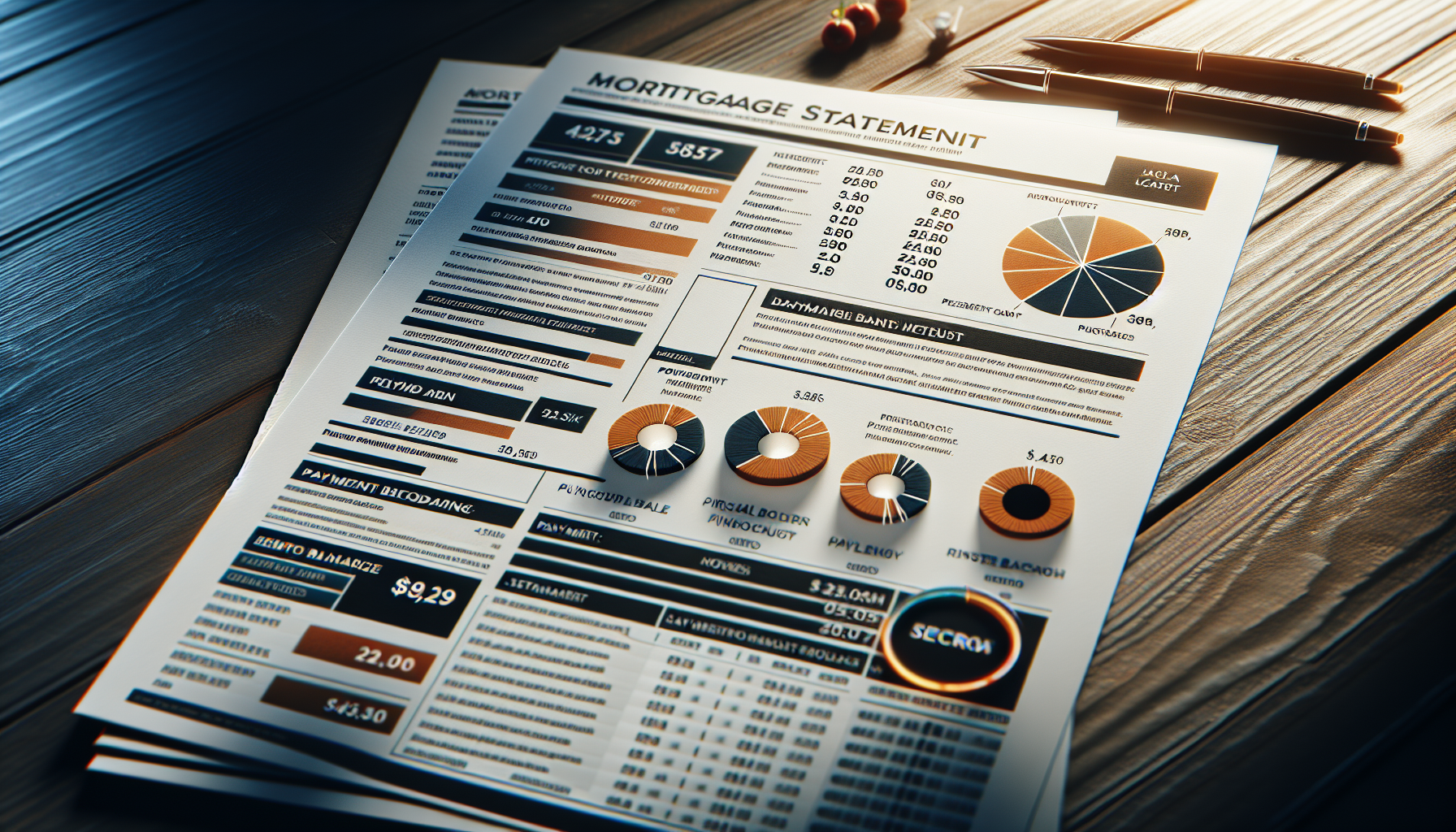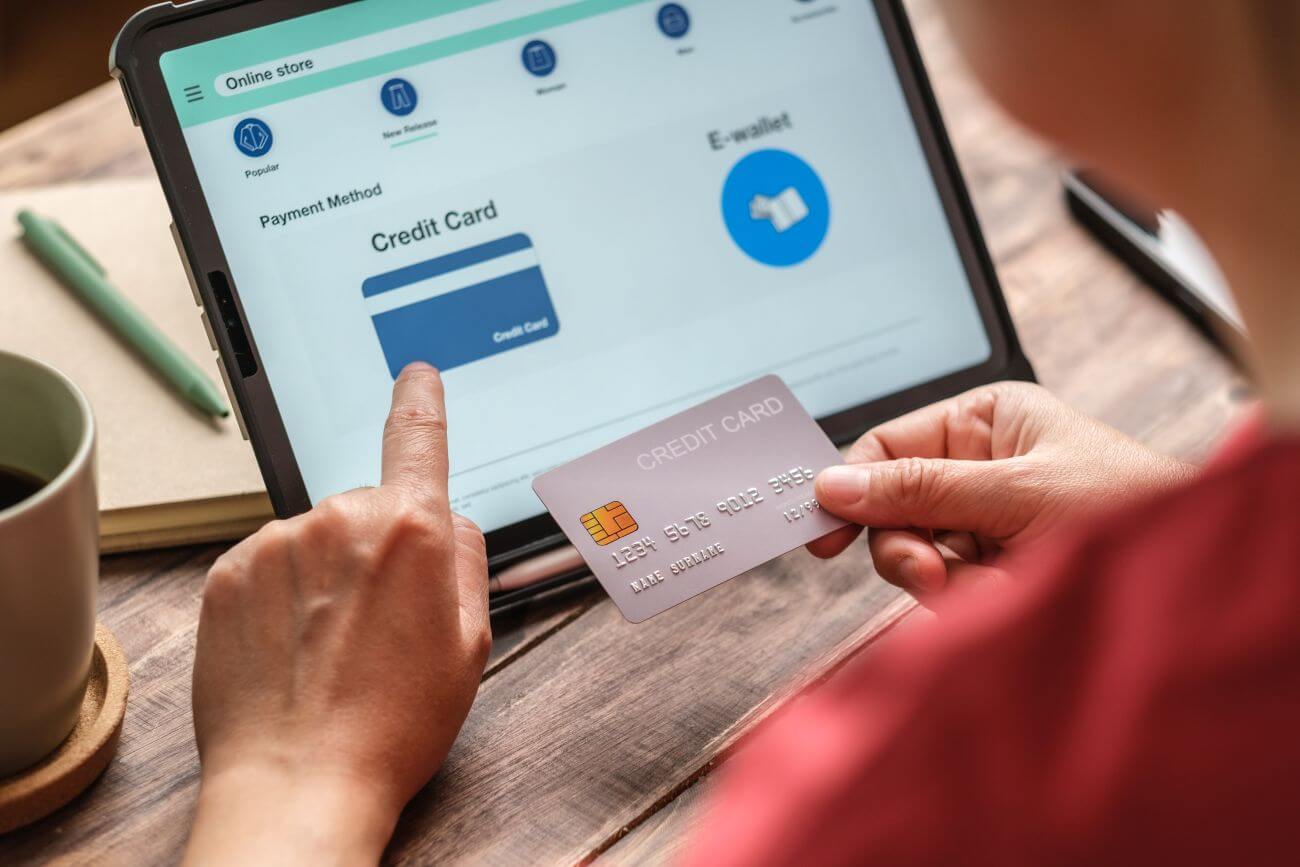Understanding Your First Mortgage Payment Due Date
When you close on your new home, one of the first things on your mind is likely when your first mortgage payment will be due. Understanding the timing of your initial payment is crucial for financial planning and ensuring a smooth transition into homeownership. In this article, we’ll explore the factors that determine your first mortgage payment due date and provide tips to help you prepare.
When to Expect Your First Mortgage Payment
Typically, your first mortgage payment is due about 30 days after your mortgage closing date. This means that if you close on your home on March 15, your first payment would be due on May 1, as mortgage payments are paid in arrears for the previous month. However, this can vary depending on your lender and the specific terms of your loan.
| Closing Date | First Payment Due Date |
|---|---|
| March 15 | May 1 |
| April 30 | June 1 |
It’s important to note that your first payment must be made within 60 days of closing, regardless of your closing date. Your lender will provide you with a “First Payment Letter” at closing, which will detail the specifics of your first and subsequent payments.
How Your Closing Date Impacts Your First Payment
The amount of prepaid interest due at closing is directly affected by your mortgage closing date. Prepaid interest is the interest that accrues on your loan from the closing date until the end of the month. This amount is rolled into your closing costs.
If you close earlier in the month, you’ll have more days of prepaid interest included in your closing costs. Conversely, if you close later in the month, you’ll have fewer days of prepaid interest to pay at closing. This can be a consideration when choosing your closing date.
What’s Included in Your Mortgage Payment
Your mortgage payment consists of several components, including principal, interest, and often an escrow account that covers property taxes and homeowners insurance. Understanding each part of your payment can help you better plan your budget and make informed decisions about your mortgage.
Breaking Down Your Monthly Mortgage Payment
Your monthly mortgage payment is broken down into principal and interest, often referred to as P&I. The principal is the amount you borrowed, while the interest is the cost of borrowing that money. In the early years of your mortgage, a larger portion of your payment will go towards interest, with the ratio gradually shifting towards principal over time.
This breakdown is detailed in your amortization schedule, which shows how each payment is divided between principal and interest over the life of your loan. Here’s an example of what your PITI (principal, interest, taxes, and insurance) payment might look like:
- Principal: $500
- Interest: $1000
- Property Taxes: $300
- Homeowners Insurance: $100
- Total Monthly Payment: $1900
Understanding Your Escrow Account
Many lenders require an escrow account to ensure that property taxes and homeowners insurance are paid on time. Your escrow payments are included as part of your monthly mortgage payment and held in reserve until those bills come due.
The amount needed for escrow can fluctuate yearly based on changes in property taxes and insurance premiums. Your lender will perform an annual escrow analysis to determine if your payments need to be adjusted.
Making Your Mortgage Payments
With modern technology, you have several convenient options for making your mortgage payments. Whether you prefer the simplicity of online payments, the hands-off approach of ACH payments, or the tradition of mail payments, there’s a method that can work for you. Some lenders even allow biweekly payments, which can help you pay off your mortgage faster and save on interest.
Payment Methods for Your Mortgage
Most lenders offer a variety of mortgage payment methods to suit your needs and preferences:
- Online Payments: Many lenders provide an online portal where you can securely make payments, view your loan information, and manage your account.
- ACH Payments: With Automated Clearing House (ACH) payments, you can set up automatic drafts from your bank account each month, ensuring your payment is always on time.
- Mail Payments: If you prefer to pay by check, you can mail your payment to the address provided by your lender. Be sure to send it early enough to arrive by the due date.
- Phone Payments: Some lenders allow you to make payments over the phone, either through an automated system or with a customer service representative.
The Benefits of Biweekly Mortgage Payments
If your lender offers it, making biweekly payments can be a smart strategy to pay off your mortgage faster and save on interest. With this approach, you make half your regular mortgage payment every two weeks, resulting in 26 half-payments (equivalent to 13 full payments) per year.
This extra annual payment goes directly towards your principal, reducing your loan balance more quickly. Over the life of a 30-year mortgage, biweekly payments could shave several years off your loan term and save you thousands in interest.
Avoiding Late Mortgage Payments
Late mortgage payments can have serious consequences, including late fees, damage to your credit score, and even foreclosure if left unaddressed. Understanding your lender’s grace period and taking steps to ensure timely payments can help you stay on track.
The Consequences of Late Mortgage Payments
Most lenders offer a grace period of around 15 days after your due date before considering your payment late. After this, late fees are typically charged, which can add up quickly. More importantly, late mortgage payments can be reported to the credit bureaus after 30 days, negatively impacting your credit score.
Repeated late payments can lead to default and foreclosure proceedings, putting your home at risk. It’s crucial to communicate with your lender if you’re facing financial difficulties to explore potential solutions.
Tips for Making Timely Mortgage Payments
To avoid late mortgage payments, consider these tips:
- Set up autopay to automatically draft your payment from your bank account each month.
- Use payment reminders through your lender’s online portal, your bank, or a budgeting app.
- If you can’t make a payment on time, contact your lender before the grace period ends to discuss your options.
- Budget carefully and maintain an emergency fund to cover unexpected expenses that could impact your ability to pay.
Getting Help with Your Mortgage Payments
If you’re struggling to make your mortgage payments, it’s essential to be proactive and seek help early. Your lender may offer mortgage payment assistance options, such as a loan modification or repayment plan, to help you get back on track. Working with a financial advisor can also provide valuable guidance and support.
Options for Mortgage Payment Assistance
Mortgage payment assistance programs vary by lender but may include:
- Loan Modification: This option involves changing the terms of your loan, such as extending the repayment period or reducing the interest rate, to make your payments more manageable.
- Repayment Plan: If you’ve fallen behind on payments due to a temporary financial hardship, your lender may allow you to spread the overdue amount over a few months in addition to your regular payment.
- Temporary Payment Reduction: Some lenders offer programs that allow you to reduce or suspend payments for a set period, with the understanding that you’ll resume regular payments once your financial situation improves.
The U.S. Department of Housing and Urban Development (HUD) also offers resources and programs to help struggling homeowners, such as housing counseling and assistance for FHA loans.
Working with a Financial Advisor on Your Mortgage
A financial advisor can help you develop a comprehensive plan for managing your first mortgage payment and overall financial health. They can assist with budgeting, saving for emergencies, and exploring options if you’re facing difficulty making payments.
Organizations like SmartAsset offer matching services that connect you with financial advisors in your area who can provide personalized guidance based on your unique needs and goals.
See also:








Leave a Reply